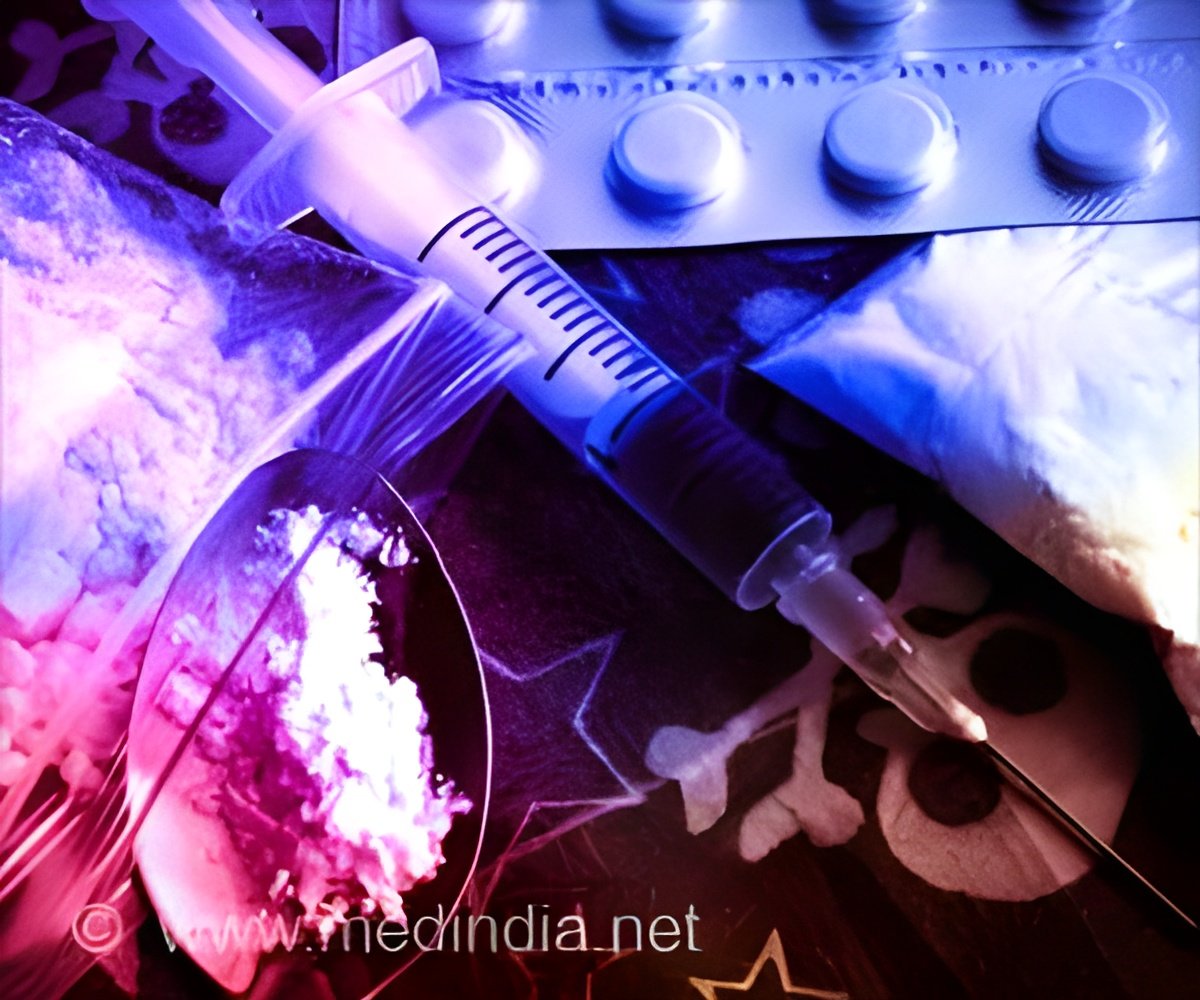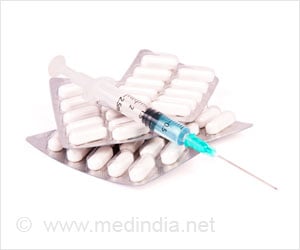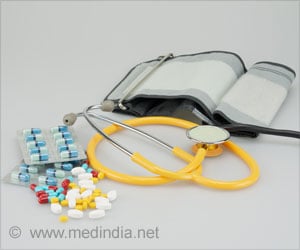New wearable device releases opioid antidote named naloxone by automatically detecting the person's respiration rate.

TOP INSIGHT
Novel wearable device helps opioid abusers who are mostly alone and incapicated by automatically delivering the antidote naloxone within 10 seconds.
Lee's team has built a wearable device designed to detect when a person's respiration rate decreases to a certain level - converted from electrocardiography (EKG) signals - and then release naloxone, which blocks the opioid from binding to brain receptors.
Wearing the device would be similar to wearing an insulin pump: The current proof of concept is an armband that straps on a magnetic field generator, connected to a portable battery worn at the hip. A sticker-like EKG sensor on the skin, such as on the chest, measures respiration rate. When the sensor detects a respiration rate that's too low, it activates the magnetic field generator to heat up a drug capsule in the body, releasing naloxone in 10 seconds.
The researchers envision the drug capsule being pre-injected under the skin in an outpatient setting. That way, the device system would automatically deliver naloxone to the patient during an overdose, buying about an hour before relapsing.
According to Lee, that extra hour would give emergency services plenty of time to get the patient to the hospital. The capsule also delivers a larger dose of naloxone than products currently available on the market - making it more effective at delaying relapse - and would be cheaper to manufacture.
The device has been patented through the Purdue Research Foundation Office of Technology Commercialization. Since submitting the work for publication, the researchers have downsized the magnetic field generator and battery so that the device is less bulky.
The researchers also plan to build a communications system into the device that would automatically alert emergency services when the patient has overdosed.
The technology could possibly deliver other drugs besides naloxone.
"People with allergies need epinephrine right away. This setup might remove the need for an epi pen," Lee said.
Source-Eurekalert
 MEDINDIA
MEDINDIA

 Email
Email










